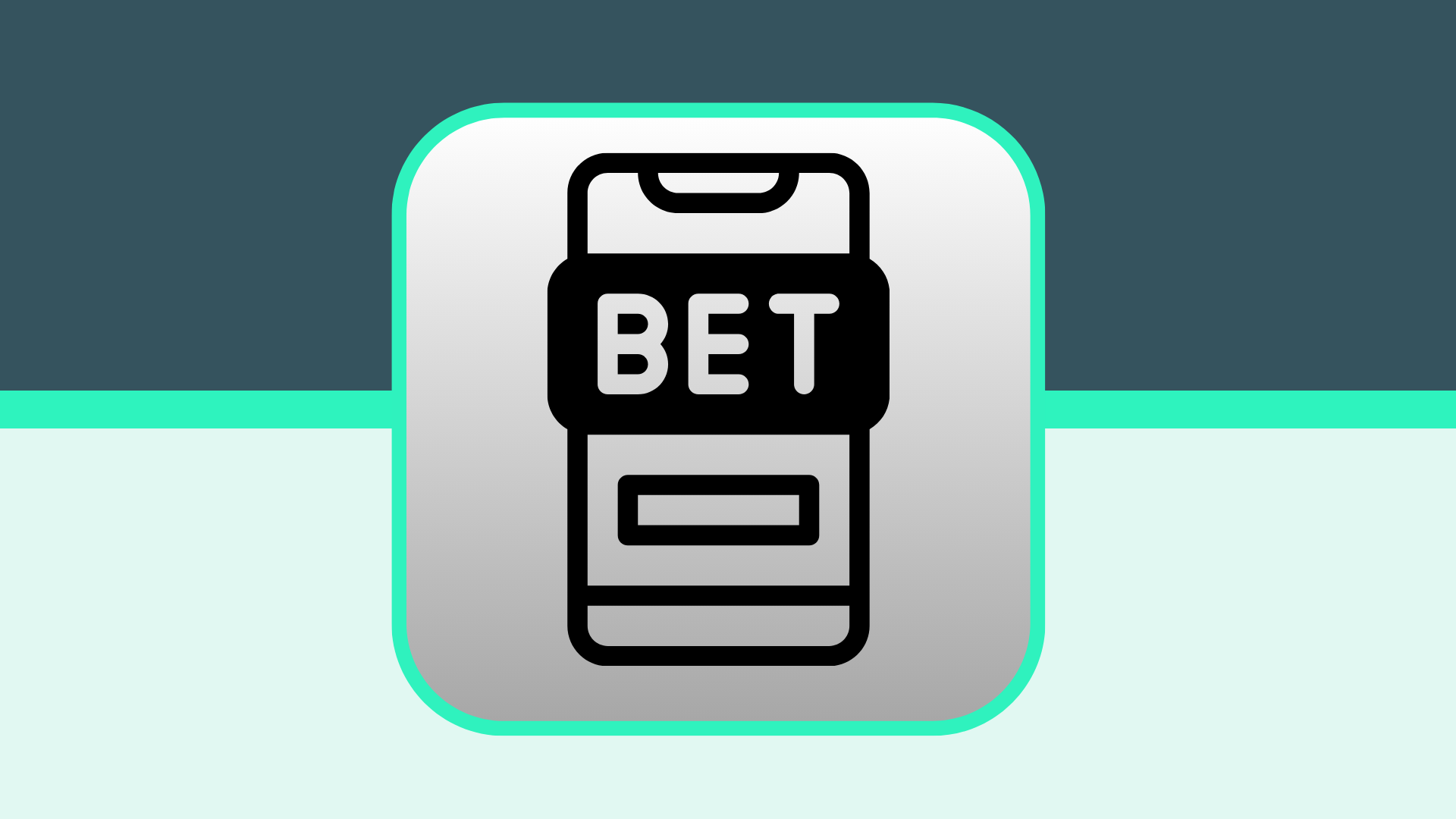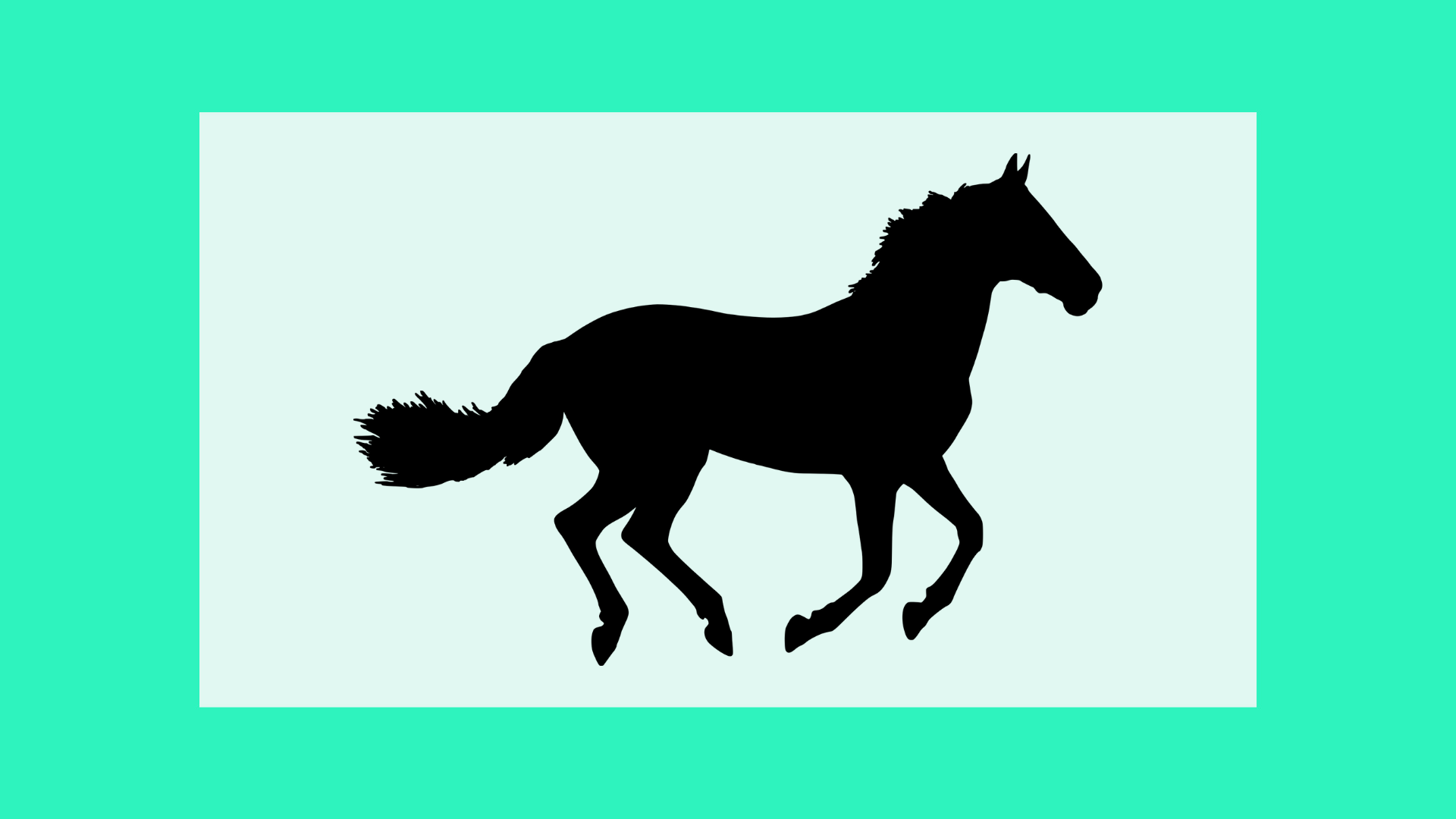Sports Betting Terminology 101
The world of sports betting can be a bit overwhelming when you first encounter it.
Betting sites often assume that their customers already know what all the jargon means, and it can easily leave you feeling completely lost.
But fear not, we’re here to help! We’ve put together a comprehensive guide to the most common terminology you’ll encounter.
Whether you’re just getting started with Matched Betting or simply new to sports betting in general, our sports betting glossary explains every term that you might find yourself puzzled by, so that you’re never at risk of placing a bet without fully understanding it.
General Betting Terms

Accumulator bet - a bet made up of multiple selections, for example on the winners of four separate races. Usually, bettors talk about bets with four selections as accumulators, or ‘accas’, but technically any bet with more than one selection is an accumulator.
Back bet - a standard bet that something will happen, e.g. you would back a team to win their match, or a horse to win its race
Cash out - to get your money back on an open bet, before it settles. You might choose to do this if you feel your bet has no chance of winning (and you’d accept losing some of your money when cashing out). Alternatively, if your bet looks likely to win, the bookie may allow you to cash out more than your original stake (though less than you’d get as a return if the bet did win).
Century - a slang term for £100
Chase - to ‘chase’ a bet is to continue to gamble in hope of recovering previous losses
Decimal Odds - odds in decimal format. For example, odds of 2.0 indicate a total return of £20 from a £10 stake.
Double bet - two selections combined into one bet, e.g. for two football teams to win in separate matches
Drift - odds that are ‘drifting’ are lengthening, or growing larger
Dutching - a betting strategy that involves placing bets on all possible outcomes of an event, to ensure a profit
Evens - odds of 1/1 in fractional format or 2.0 in decimal format, where the amount you win is even with your stake
Favourite - the team or runner considered most likely to win an event
Field - the field refers to all the competitors in an event. In horse racing, however, it can also be used to mean all the competitors except the favourite.
Fixed-odds betting - a bet where the odds cannot change once you have placed your bet, meaning you can be sure of the amount you stand to win
Fractional Odds - odds expressed as a fraction. E.g. 2/1 odds means that you win £2 for every £1 staked (making a total of £3), and are the equivalent of odds of 3.0 in decimal format.
Hedging - betting on both (or all) outcomes of an event, usually with different bookies, either with the aim of making a guaranteed profit or of reducing possible losses
IBAS - the Independent Betting Adjudication Service, which settles disputes between bookies and customers
In-play betting - as it sounds, in-play betting is betting that takes place once an event has started
Jack - slang for £5
Long shot - a selection with a minimal chance of winning an event, usually at high odds, meaning a significant return if it does win
Lucky 15/31/63 - a multiple bet made up of all possible combinations of bets for the selections involved. For example, a Lucky 15 is a bet on four selections, and includes 4 singles, 6 doubles, 4 trebles and 1 four-fold bet, making a total of 15 bets all rolled into one. A Lucky 31 has the same format with five selections, and a Lucky 63 has six selections.
Matched Betting - a betting strategy that involves betting both for and against a particular outcome of an event. Combined with offers from bookies, this allows the bettor to make guaranteed profits.
Monkey - slang for £500
Multiple - a bet with more than one selection within a wager
Nailed on - a selection considered to be almost certain to win
Odds against - a term indicating that the odds are higher than evens
Odds on - effectively the opposite of ‘odds against’, odds on means that the odds are lower than evens
Outright bet - a bet on the overall outcome of an entire competition, rather than a single match or game. For example, you might bet on the overall winner of the Euros, or of Wimbledon.
Over/Under - an over/under bet is a bet on the total number of points or goals within a game. A certain number will be set by the sportsbook (for example, 2.5 total goals in a football match), and the punter will bet that the total goals in the match will be either over or under that amount.
Pony - slang for £25
Punter - another word for a bettor
Return - the amount of money you win on a bet
Score - slang for £20
Sharp - a professional gambler (hence the term ‘card sharp’)
Shorten the odds - this means that the odds on a team or competitor have been reduced by the bookies, as they consider the competitor to have become more likely to win
Singles bet - one straightforward bet on a single event
Spread betting - a type of betting that involves predicting whether a statistic for a certain match or game will be higher or lower than a predetermined range. For example, a spread betting bookie might list a spread of 2.8-3.1 for the total number of goals within a match, and a gambler can choose to bet that the number will be either higher or lower than that range. The more accurate their prediction, the greater their winnings.
Stake - the value of your bet. If you bet £10 that Manchester United win their next match, that £10 is your stake.
Tip - a suggestion, usually from an expert bettor (who might be perceived to know more about an event than the bookie setting the odds), that a particular selection is a good one to bet on
Tipster - a person who gives out or sells advice (tips) as to which selections a gambler would be wise to be on
Totals - another term for the over/under market, this refers to a bet on the total number of goals or points scored
Trebles bet - three selections made within the same bet - for example, for three horses all to win three separate races
Underdog - the opposite of the favourite, an underdog is not expected to win their event
Value betting - this refers to the strategy of placing bets that are deemed to be more likely to win than the odds would imply
Vigorish (vig) - this refers to the fee or cut taken by the bookmakers when accepting a wager. It isn’t always obvious that they are charging a fee, however the odds set by the bookie include a built-in vig.
Void bet - a cancelled bet, usually because an event could not take place, or because a participant was withdrawn before it started
X - shorthand for a draw
Horse Racing Terms

All in - short for ‘all in play or not’, this refers to a bet where the prices are set in advance, and your bet is upheld even if your horse is withdrawn - meaning that you lose your stake if so
Also ran - a horse that competes in a race, but neither wins nor places
Ante post - a bet made at least one day before a race, before the betting market opens, on the assumption that the odds will be less favourable closer to the event
Betting without (W/O) - this means to place a bet on a race, excluding the favourite. So if your horse comes second to the favourite, your bet will have won
BOG (Best Odds Guaranteed) - many bookies will have a small ‘BOG’ symbol at the top of a number of races. This indicates they will pay out at the best odds offered by any bookie at the start of the race, even if your bet is placed at lower odds
Each way bet - a bet that a horse will win or place in their race. This is technically two bets rolled into one, so the stake you enter is doubled to cover both bets when you select the ‘each way’ option on a betslip
First Past the Post (FPP) - a bet where the bookie pays out on the horse that finishes first, even if it’s later disqualified or demoted (unless the disqualification was due to the jockey carrying insufficient weight, or the horse taking the wrong course)
Going - the going refers to the conditions, specifically the level of moisture, underfoot on the course. From wettest to driest, the terms used to indicate the going are: Heavy – Soft – Good to Soft – Good – Good to Firm – Firm - Hard
Handicap - a handicap horse race is one where all the horses have been levelled up by the addition of extra weight, with the aim of equalising their ability
Jolly - another word for the favourite in a race
Length - a measurement used to indicate the distance between finishers, based on the length of the first horse to cross the finish line, from head to tail
Nap - a ‘nap’ is a tipster’s best bet of the day, one that they recommend other gamblers should bet on. It’s short for Napoleon, and comes from a French card game where players shout out ‘Napoleon!’ when they believe they’ve won
Non-runner - as it sounds, a horse that doesn’t end up running a race, having withdrawn before the start
Off - the point at which a race begins
On the nose - a bet that a horse will win its race (and not that it will place)
Place - a horse that places is a horse that doesn’t win, but that does finish in a paid place, usually 2rd, 3rd or 4th, depending on the bookie’s terms and the number of horses running
Rule 4 deduction - a rule 4 deduction occurs when a horse is withdrawn from the race. As this affects the likelihood of other horses winning, and anyone who backed the withdrawn horse must have their bet refunded, deductions are made from winning bets to account for this.
Starting Price (SP) - the starting price is the prevailing odds for a horse at the start of a race. You might choose to bet on the starting price in advance of a race, rather than the odds offered at the time of your bet, if you’re confident that the odds will have improved by the time the race goes off.
Walkover - a horse that has won a race only because all other horses have been withdrawn. To win, the horse must still complete the course - i.e. it must be walked over it.
Football Terms

2UP - a 2UP bet will be paid out by the bookie if your team goes ahead by 2 goals, regardless of the eventual winner
Banker - in a multiples bet, the ‘banker’ is a selection that is considered extremely likely to win. It’s often regarded as an insurance policy of sorts, so that even if other legs of the bet fail, the banker will probably still win and avoid a significant loss.
Bet builder - a multiples bet including more than one selection within the same game or match (for example that a team will win a match, and also that there will be over three goals in that match)
Both Teams To Score (BTTS) - a bet on whether both teams will score a goal in a match
Extra time - usually used at the knockout stage of a competition, extra time of 30 minutes will be added to a match if the result is a draw at the end of normal time. When betting on a match, extra time is usually not included, and the result at the end of 90 minutes will be what determines whether a bet is paid out.
First Goal Scorer (FGS) or First Player To Score (FPTS) - the first player to score in a match
Full time - the end of a match, when 90 minutes’ play have elapsed. It includes injury time, but not extra time or penalty shootouts.
Half time - halfway through the match, after 45 minutes’ play. There is a 15 minute interval in play at half time.
Matched Betting Terminology

Arbitrage - arbitrage betting, or ‘arbing’, means placing a matched bet where the bookie’s odds are higher than the exchange’s, resulting in an instant profit
Commission - a percentage taken by a betting exchange as their fee on winning bets, usually 5% - though if you sign up to Matchbook through us you’ll enjoy 0% commission!
Expected value (EV) - expected value is the average outcome of a bet or event after factoring in all possible outcomes and their probabilities
Exchange - a betting exchange, such as Matchbook, allows its customers to bet against each other. Matched bettors are able to use an exchange to ‘lay’ a bet - that is, bet against the outcome of an event.
Free bet - as it sounds, a free bet allows you to place a bet with a bookie without using your own money - if it wins, the winnings are yours. Free bets are often given away by bookies as incentives to sign up as a customer, or to keep betting with them.
Lay - a lay bet is a bet against an outcome of an event. So if you place a lay bet on Liverpool for their next match, you’re betting that Liverpool will not win the match.
Qualifying bet - a qualifying bet is the initial bet you place with a bookmaker when taking part in an offer, which allows you to access a free bet or another reward
Oddsmatcher - Outplayed’s Oddsmatcher automatically compares the odds between bookies and betting exchanges, and displays the best bets for matched bettors to select
Reload offer - a reload offer is an offer made by a bookie to existing customers, and is usually less generous than a sign up offer (though probably still worth doing!)
Sign up offer - a sign up offer is an offer made by a bookie to new customers - e.g. bet £10 and get a £30 free bet
Updated: 24 Dec 2024
The Author
Stephanie is a published author and, having taken up Matched Betting fairly recently, she knows exactly how beginners feel when they first start Matched Betting. She loves breaking down complex subjects in straightforward terms to make them accessible to newcomers, and to speed them on their way to making their first profits.

